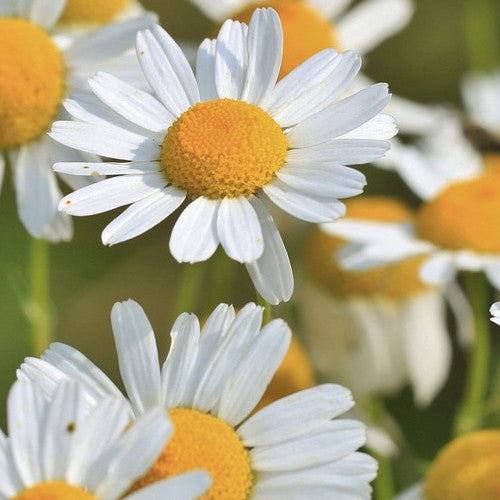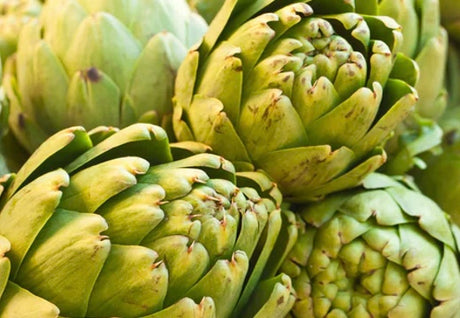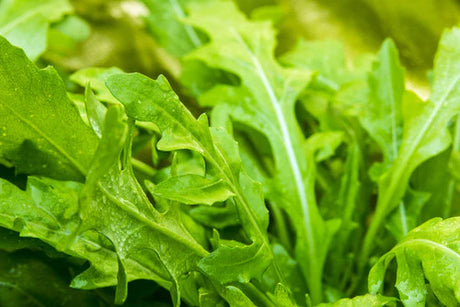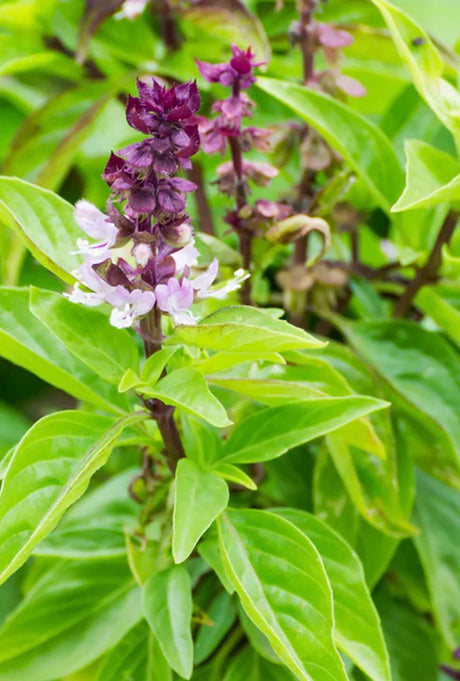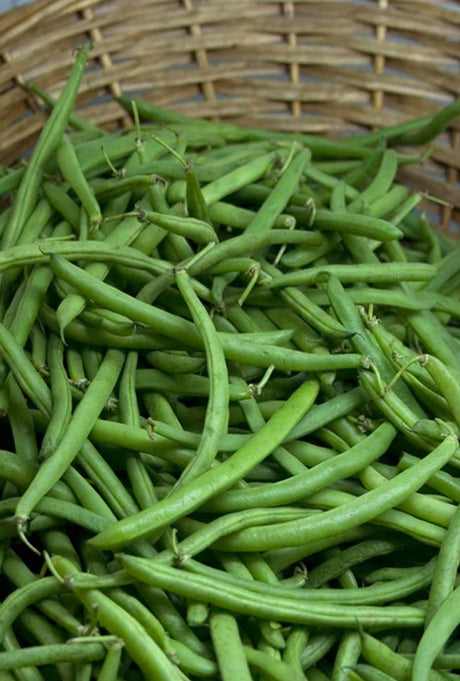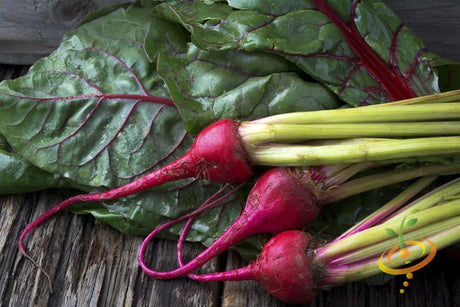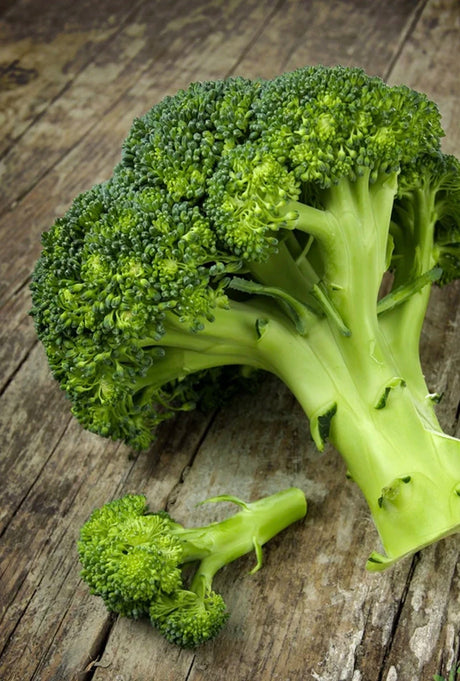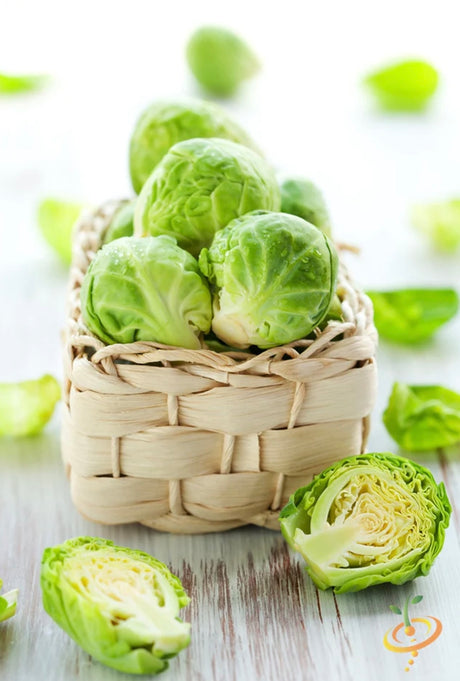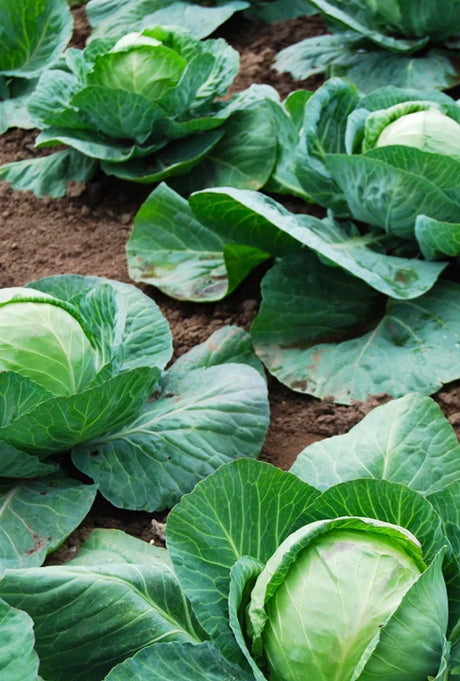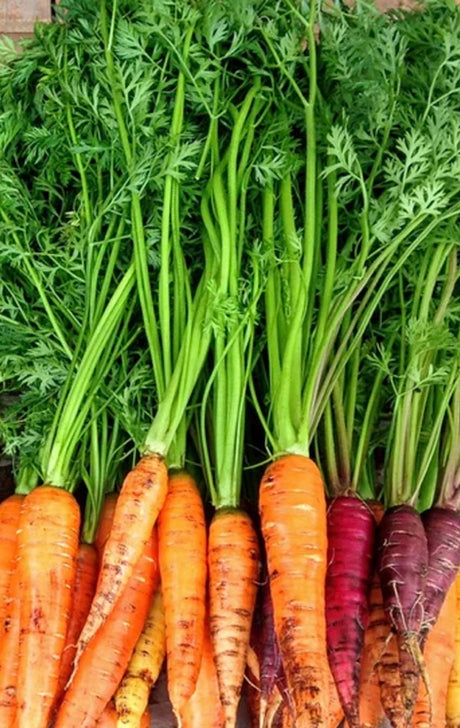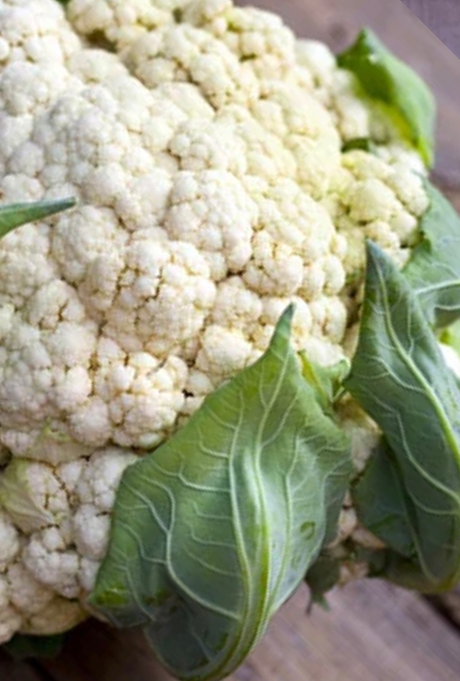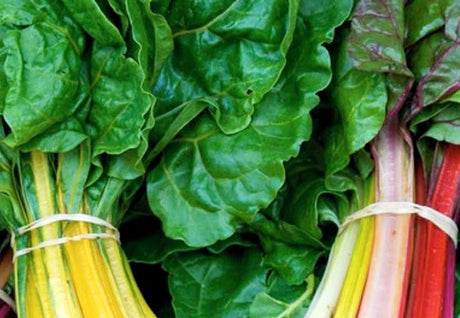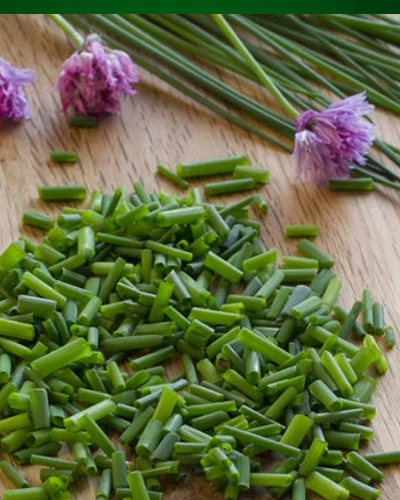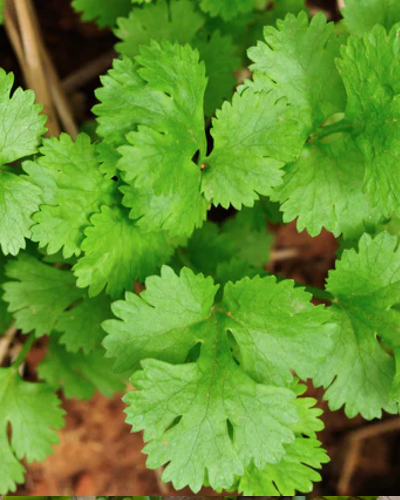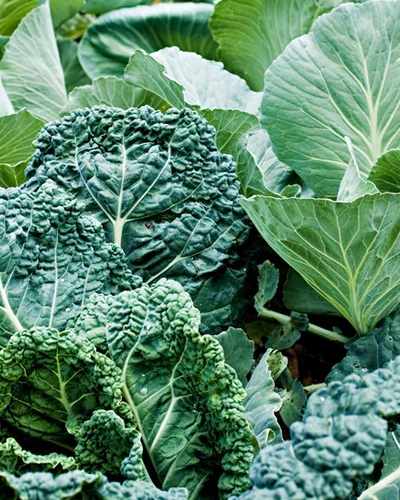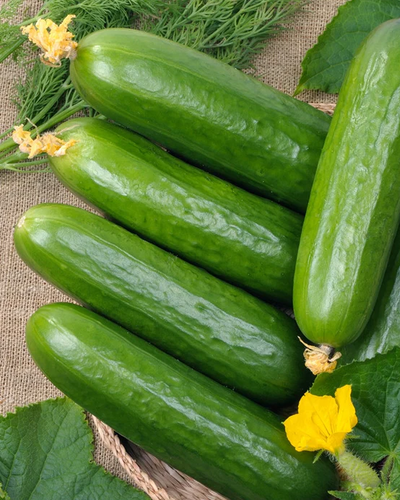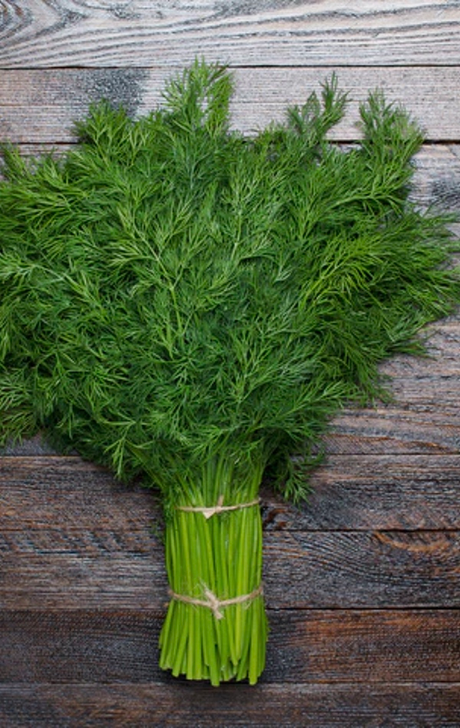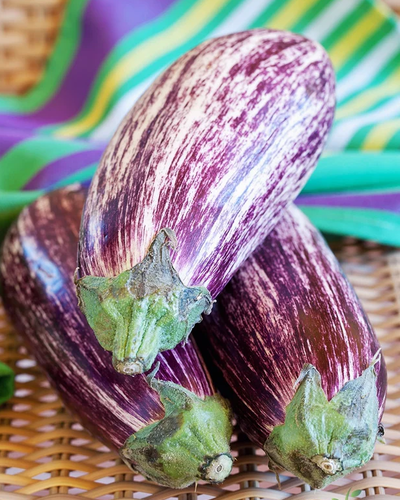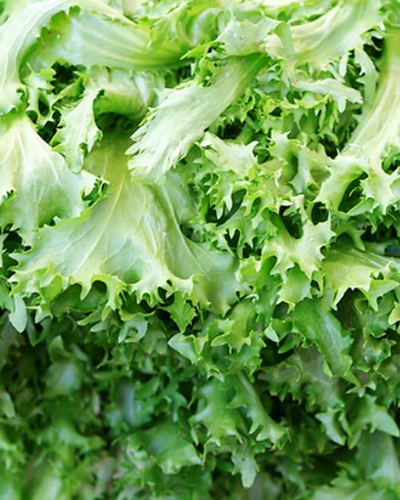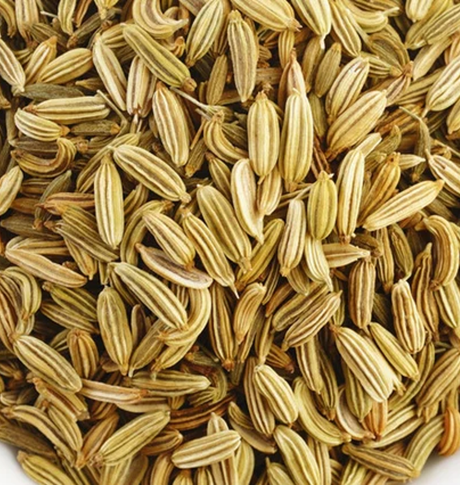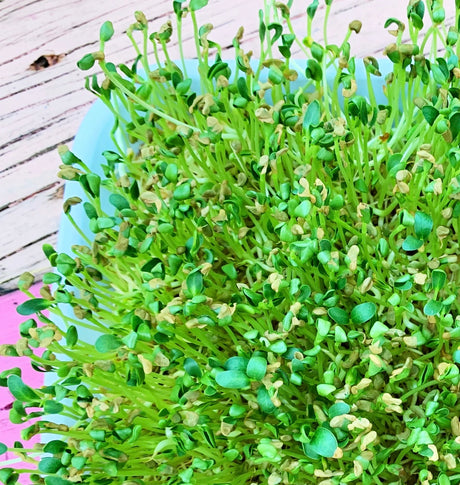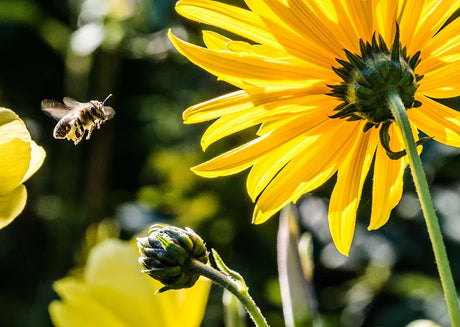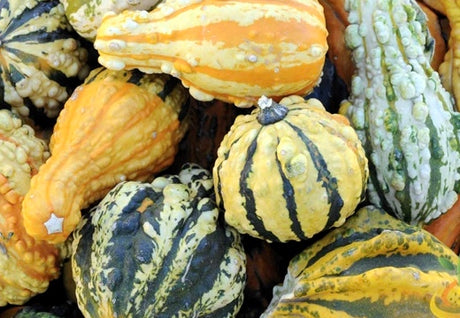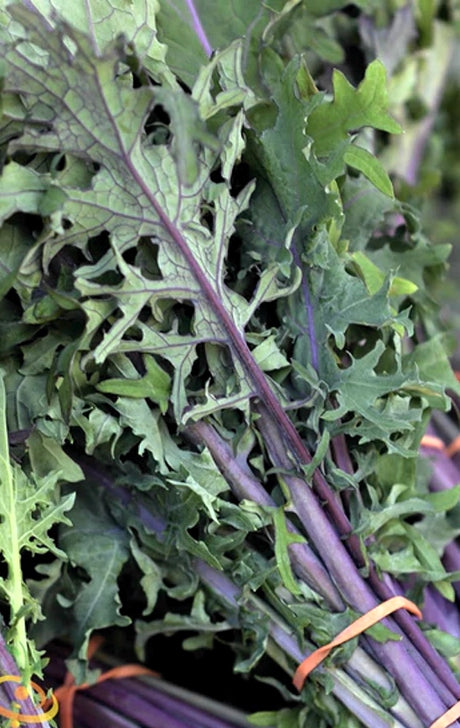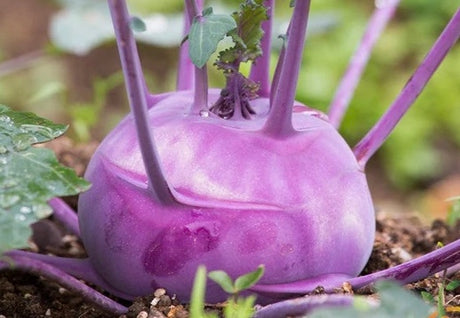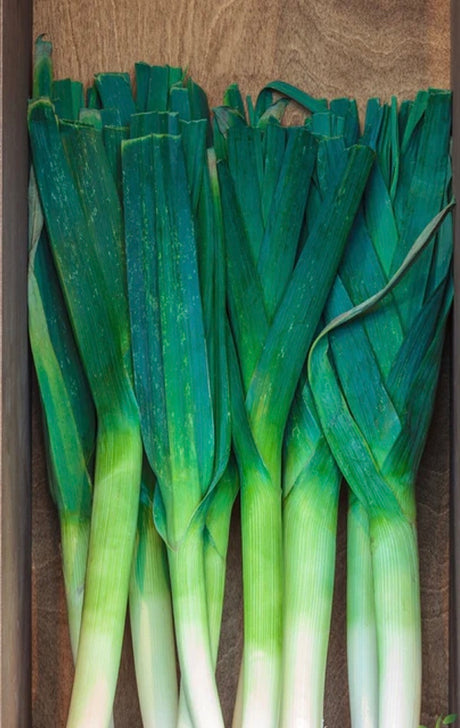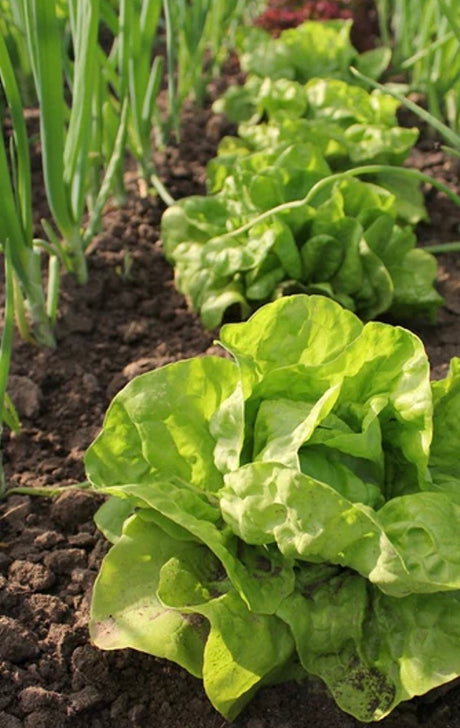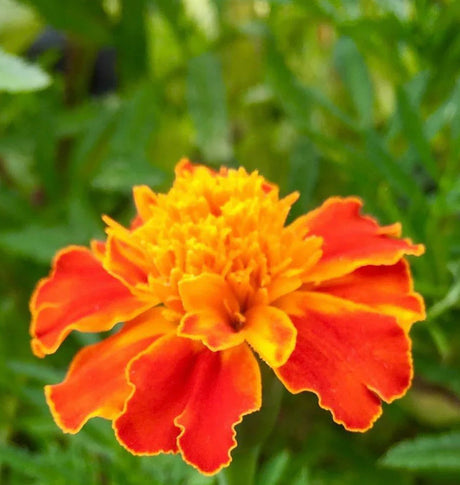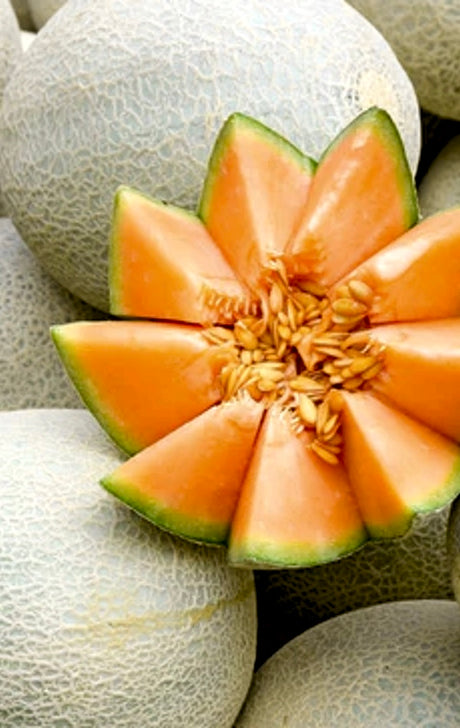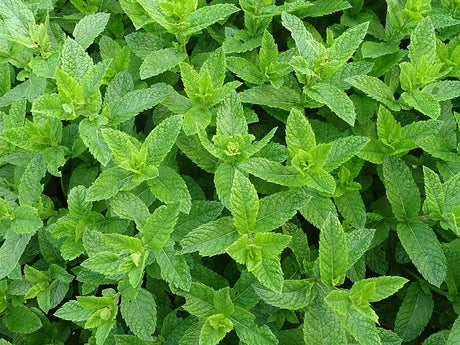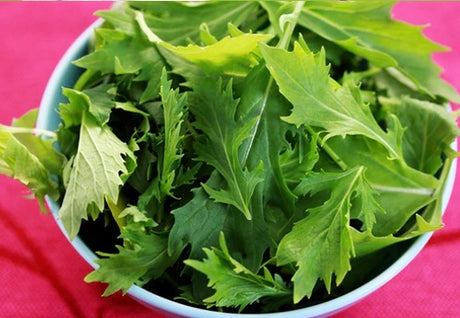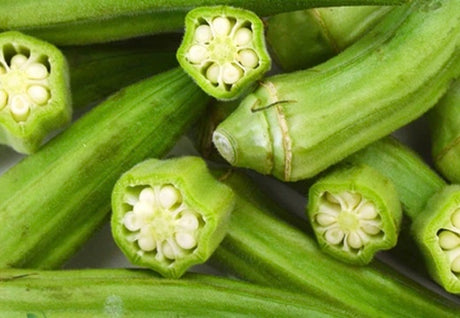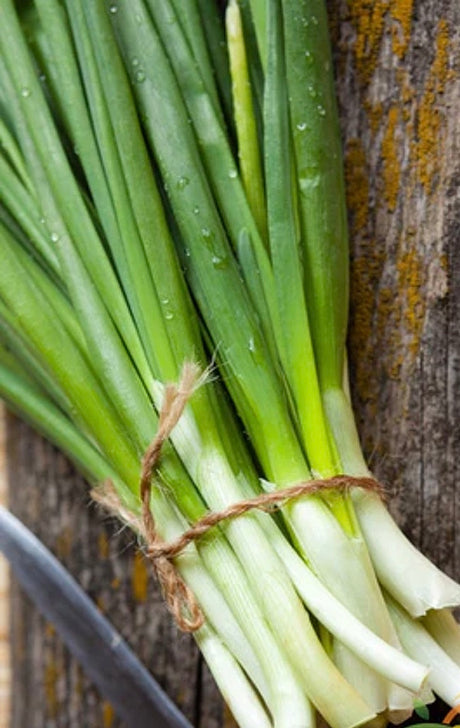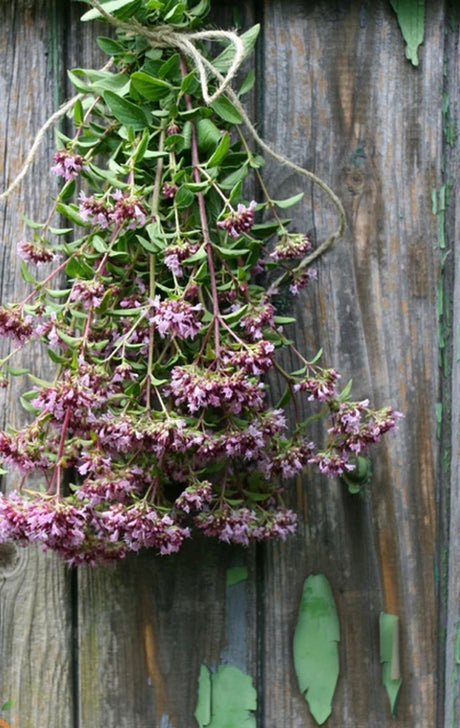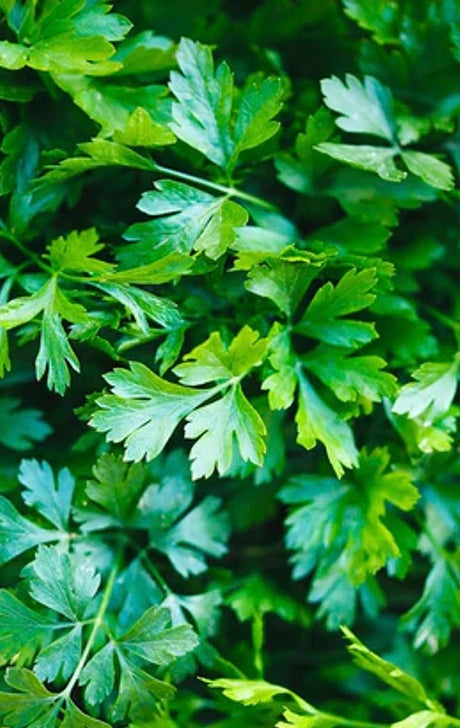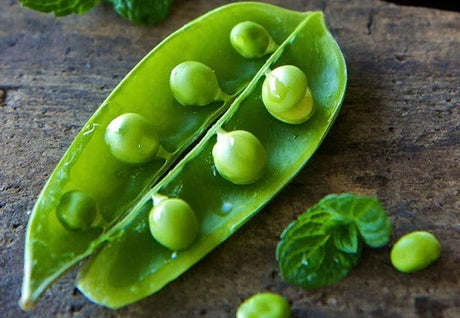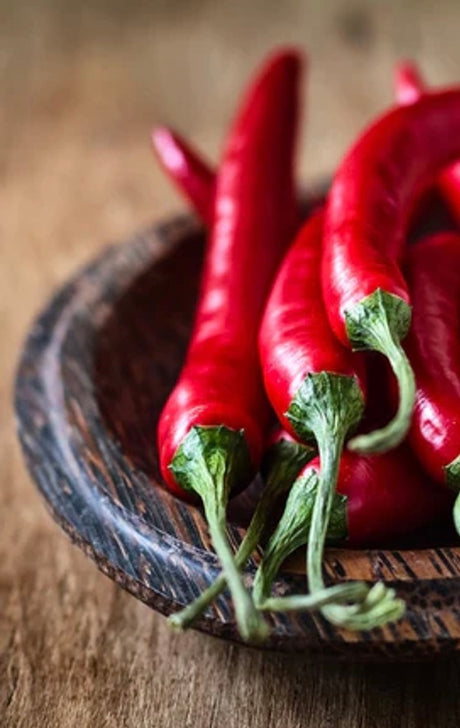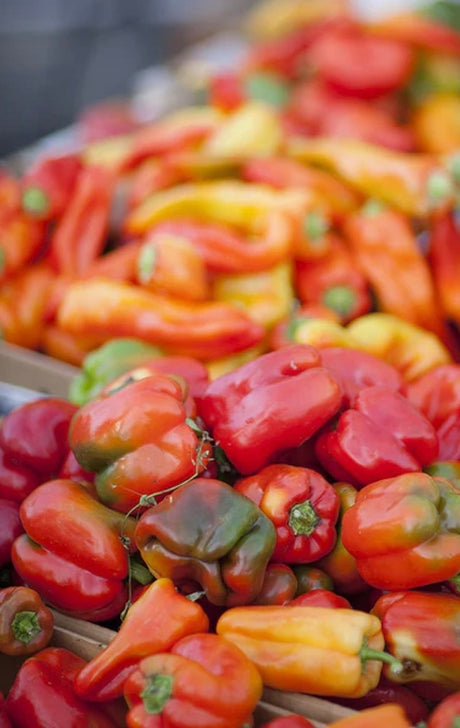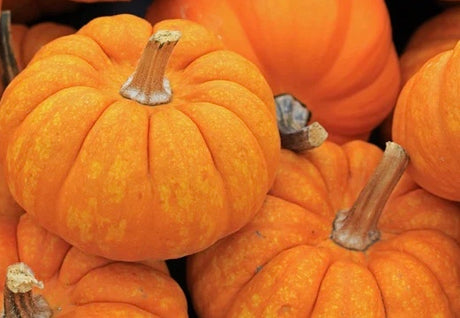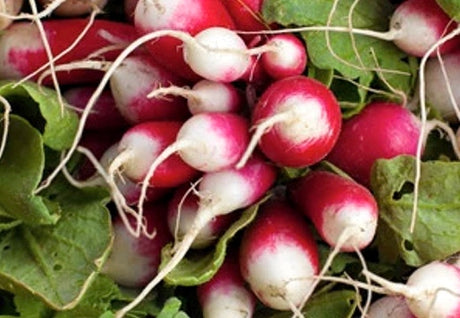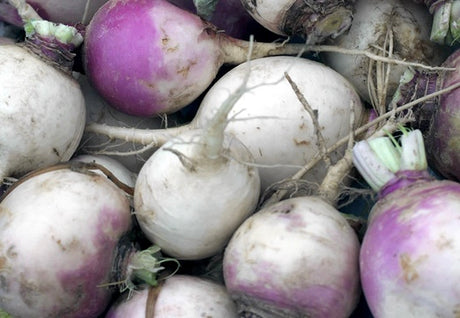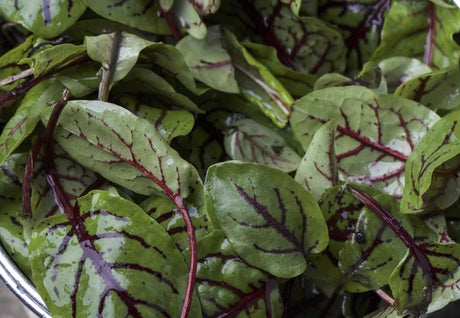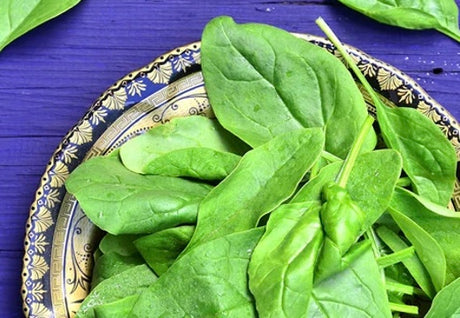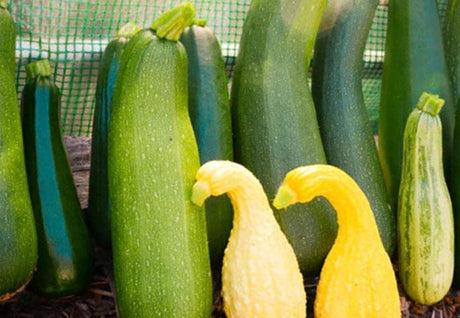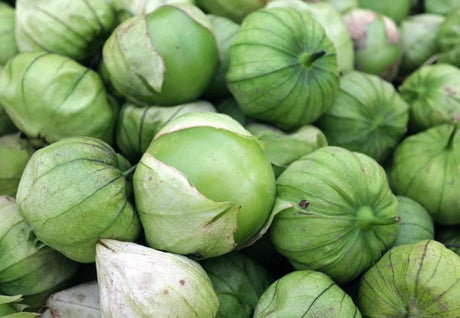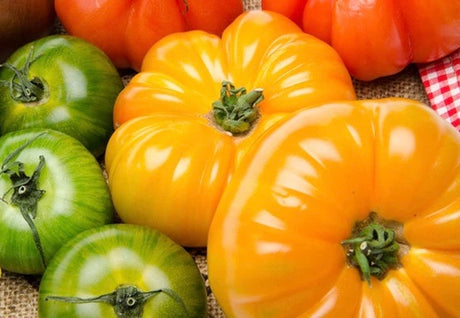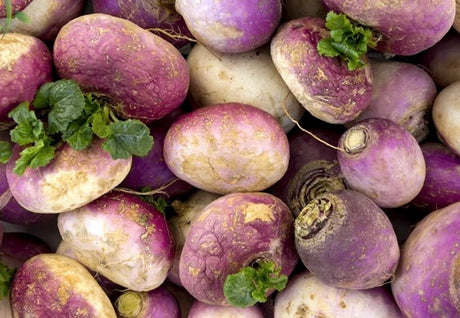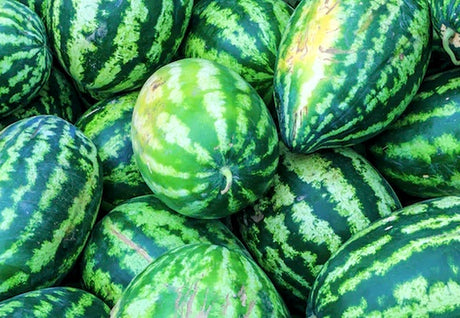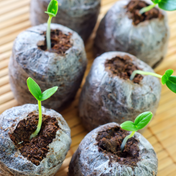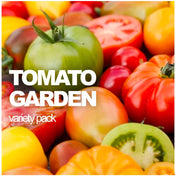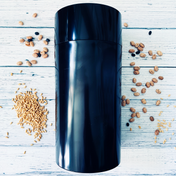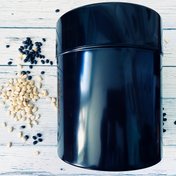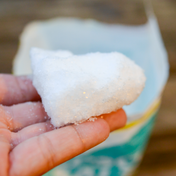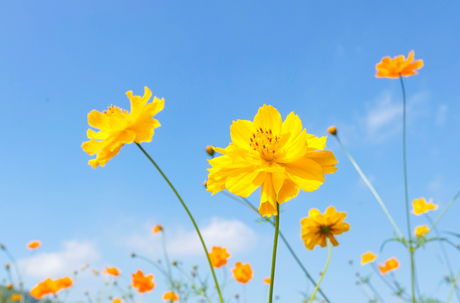Chamomile, Roman Flowers
Add this item to your cart
| Subtotal | |||
|---|---|---|---|
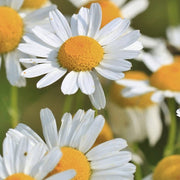
|
Sampler Pack (Appx. 100 seeds)
$399
|
||

|
Large Pack (Appx. 1,000 seeds)
$999
|
||
Description
Description
Roman Chamomile, also called English Chamomile, has been cultivated as a medicinal herb since Medieval times. This hardy, aromatic, mat-forming groundcover perennial in the daisy family produces small white flowers with large yellow solid cone centers and aromatic, fern-like foliage. Easily spreads through both reseeding and creeping roots, and can become invasive. Use it to fill in space between stones or pavers, or create a fragrant, low-maintenance “chamomile lawn” like the royals do at Buckingham Palace. Both the apple-scented flowers and stems are used fresh or dried, and steeped into a calming herbal tea sipped before beddy-bye time.
Apple fragrance
Grows 3"-6" tall
Can be invasive
Good for containers
As a companion plant, it attracts pollinators and beneficial insects; repels cabbage moths, cabbage white fly, cabbage worms, cucumber beetles, and mosquitoes; and is said to increase the fragrance and flavor of aromatic herbs such as basil, mint, oregano, rosemary, sage, and thyme.
German Chamomile has many of the same uses as Roman Chamomile, but it’s a tall, bushy annual with more, but smaller flowers. You can determine which type of Chamomile you have if you cut open the yellow center of the flower. German has hollow centers while Roman has solid ones.
As a medicinal herb, Chamomile has been used internally to treat allergies, anxiety, arthritis, asthma, colds, colic, cough, flatulence, gum disease, headache, indigestion, inflammation, insomnia, irritable bowel syndrome (IBS), menstrual cramps, morning sickness, stress, nervousness, restlessness, and stomach upset, and externally to treat burns, earache, hemorrhoids, mouth sores, skin problems, sunburns, teething pain, tired eyes, toothache, and wounds.
⚠️ Medicinal properties are presented as information only, and are not a recommendation or prescription for use. Consult a medical professional before using any herb medicinally.
SEED PLANTING TIPS
- Botanical name: Chamaemelum nobile
- Life cycle: Herbaceous perennial
- Hardiness zones: 4-9
- Planting season: Spring, summer, fall
- Days to maturity: 60-65 days
- Depth to plant seeds: Lightly cover - seeds need light to germinate
- Days to germinate (sprout): 7-14 days
- Germination soil temps: 55F-70F
- Spacing between plants: 6"-9" apart
- Spacing between rows: 18"-24" apart
- # of plants per sq. ft.: Appx. 4 plants per sq. ft.
- Soil types: Sandy, loamy, silty, chalky, shallow, poor, rich, moist, well-drained
- Soil pH: 5.5-7.5
- Sun needs: Full sun, part shade
- Water needs: Low - do not overwater
- Cold stratify: No
- Frost tolerant: Yes
- Heat tolerant: No
- Drought tolerant: Yes
- Deer resistant: Yes
- Culinary use: No
- Medicinal use: Yes
Good companion plants: Basil, Bean, Broccoli, Brussels Sprouts, Cabbage, Carrot, Cauliflower, Chives, Collards, Cucumber, Fava Bean, Garlic, Hyssop, Kale, Lavender, Marigold, Mint, Mustard, Onion, Oregano, Pepper, Parsley, Rosemary, Soybean, Sage, Thyme, Squash, Tomato, Zucchini
More facts about Chamomile:
-
Chamomile helps combat headaches, toothaches, and earaches.
- Sometimes known as "the plant doctor", because it is thought to help the growth and health of many other plants, especially ones that produce essential oils.
-
Thought to increase production of those oils, making certain herbs, like mints (spearmint, sage, oregano) and basil stronger in scent and flavor.
- Can be taken as a herbal tea, two teaspoons of dried flower per cup of tea, which should be steeped for ten to fifteen minutes while covered to avoid evaporation of the volatile oils.
See Chamomile Recipes & Growing Tips on our Pinterest Board
We now accept the following payment methods
Roman Chamomile, also called English Chamomile, has been cultivated as a medicinal herb since Medieval times. This hardy, aromatic, mat-forming groundcover perennial in the daisy family produces small white flowers with large yellow solid cone centers and aromatic, fern-like foliage. Easily spreads through both reseeding and creeping roots, and can become invasive. Use it to fill in space between stones or pavers, or create a fragrant, low-maintenance “chamomile lawn” like the royals do at Buckingham Palace. Both the apple-scented flowers and stems are used fresh or dried, and steeped into a calming herbal tea sipped before beddy-bye time.
Apple fragrance
Grows 3"-6" tall
Can be invasive
Good for containers
As a companion plant, it attracts pollinators and beneficial insects; repels cabbage moths, cabbage white fly, cabbage worms, cucumber beetles, and mosquitoes; and is said to increase the fragrance and flavor of aromatic herbs such as basil, mint, oregano, rosemary, sage, and thyme.
German Chamomile has many of the same uses as Roman Chamomile, but it’s a tall, bushy annual with more, but smaller flowers. You can determine which type of Chamomile you have if you cut open the yellow center of the flower. German has hollow centers while Roman has solid ones.
As a medicinal herb, Chamomile has been used internally to treat allergies, anxiety, arthritis, asthma, colds, colic, cough, flatulence, gum disease, headache, indigestion, inflammation, insomnia, irritable bowel syndrome (IBS), menstrual cramps, morning sickness, stress, nervousness, restlessness, and stomach upset, and externally to treat burns, earache, hemorrhoids, mouth sores, skin problems, sunburns, teething pain, tired eyes, toothache, and wounds.
⚠️ Medicinal properties are presented as information only, and are not a recommendation or prescription for use. Consult a medical professional before using any herb medicinally.
SEED PLANTING TIPS
- Botanical name: Chamaemelum nobile
- Life cycle: Herbaceous perennial
- Hardiness zones: 4-9
- Planting season: Spring, summer, fall
- Days to maturity: 60-65 days
- Depth to plant seeds: Lightly cover - seeds need light to germinate
- Days to germinate (sprout): 7-14 days
- Germination soil temps: 55F-70F
- Spacing between plants: 6"-9" apart
- Spacing between rows: 18"-24" apart
- # of plants per sq. ft.: Appx. 4 plants per sq. ft.
- Soil types: Sandy, loamy, silty, chalky, shallow, poor, rich, moist, well-drained
- Soil pH: 5.5-7.5
- Sun needs: Full sun, part shade
- Water needs: Low - do not overwater
- Cold stratify: No
- Frost tolerant: Yes
- Heat tolerant: No
- Drought tolerant: Yes
- Deer resistant: Yes
- Culinary use: No
- Medicinal use: Yes
Good companion plants: Basil, Bean, Broccoli, Brussels Sprouts, Cabbage, Carrot, Cauliflower, Chives, Collards, Cucumber, Fava Bean, Garlic, Hyssop, Kale, Lavender, Marigold, Mint, Mustard, Onion, Oregano, Pepper, Parsley, Rosemary, Soybean, Sage, Thyme, Squash, Tomato, Zucchini
More facts about Chamomile:
-
Chamomile helps combat headaches, toothaches, and earaches.
- Sometimes known as "the plant doctor", because it is thought to help the growth and health of many other plants, especially ones that produce essential oils.
-
Thought to increase production of those oils, making certain herbs, like mints (spearmint, sage, oregano) and basil stronger in scent and flavor.
- Can be taken as a herbal tea, two teaspoons of dried flower per cup of tea, which should be steeped for ten to fifteen minutes while covered to avoid evaporation of the volatile oils.
See Chamomile Recipes & Growing Tips on our Pinterest Board
| Where can you ship your seeds to? |
|
| How much is shipping across the USA? |
|
| How do you ship your seeds? |
|
| What is a Seed Bank? |
|
| Are all your seeds NON-Genetically Modified (Non-GMO)? |
|
| Are all your seeds Organic? |
|
| What do you mean by growing Organic food? |
|
| What is a Genetically Modified seed? |
|
| What does it mean when you say the seeds are Non-Hybrid and Open-Pollinated? |
|
| Do you accept returns? |
|
| Can I collect my seeds after harvest? |
|
| How many years will my seeds last? |
|

|
GMO-FREE We also offer a few hybrid varieties on this website and they will be labeled as such on product listing. |

|
|
|
MOISTURE-PROOF PACKAGING All our seeds are packaged in high quality re-sealable moisture-proof packs designed to protect & extend the shelf-life of your seeds. We do NOT use paper envelopes. Read frequently asked questions |
 |
|
|
5-STAR CUSTOMER SUPPORT |
 |
|
|
SATISFACTION. GUARANTEED. |
 |
|
|
HIGHEST QUALITY SEEDS |

|
|
|
TOTALLY RAW & UN-TREATED |

|
Know where your food comes from.
Support local growers.
Grow your own Organic/GMO-FREE food!
Useful Links: [What is GMO?] [Step-by-Step Grow Guides] [Safe Seed Pledge] [FAQs]
WE DO NOT GROW OR SELL SEEDS FROM MONSANTO OR ANY OTHER COMPANY THAT IS AFFILIATED WITH GMO.
✓ NON-GMO
✓ HEIRLOOM
✓ OPEN-POLLINATED (OP)
✓ RAW, NATURAL & UN-TREATED
OUR PLEDGE TO YOU
Agriculture and seeds provide the basis upon which our lives depend. We must protect this foundation as a safe and genetically stable source for future generations.
For the benefit of all farmers, gardeners and consumers who want an alternative. We pledge to you that we do not knowingly buy or sell genetically engineered seeds or plants. The mechanical transfer of genetic material outside of natural reproductive methods and between genera, families or kingdoms, poses great biological risks as well as economic, political, and cultural threats.
We wish to support agricultural progress that leads to healthier soils, genetically diverse agricultural ecosystems and ultimately healthy people and communities.
We do not buy - OR - grow any seed from large corporations that make Genetically Engineered seeds. We don't touch that stuff and we never will.
The seeds we offer aren't like varieties you'd typically find at a garden center.
Every variety we offer is 100% OP (open-pollinated). Open-pollination means that you can safely save the seed after harvest and preserve a collection of heirloom seed for many generations to come.
To make it perfectly clear ... Our seeds do not contain any exogenously inserted embryogenesis deactivator genes caused by human intervention.
continue shopping
🌱 Featured Seed Types (A - Z)
Go to the seed shopcontinue shopping

